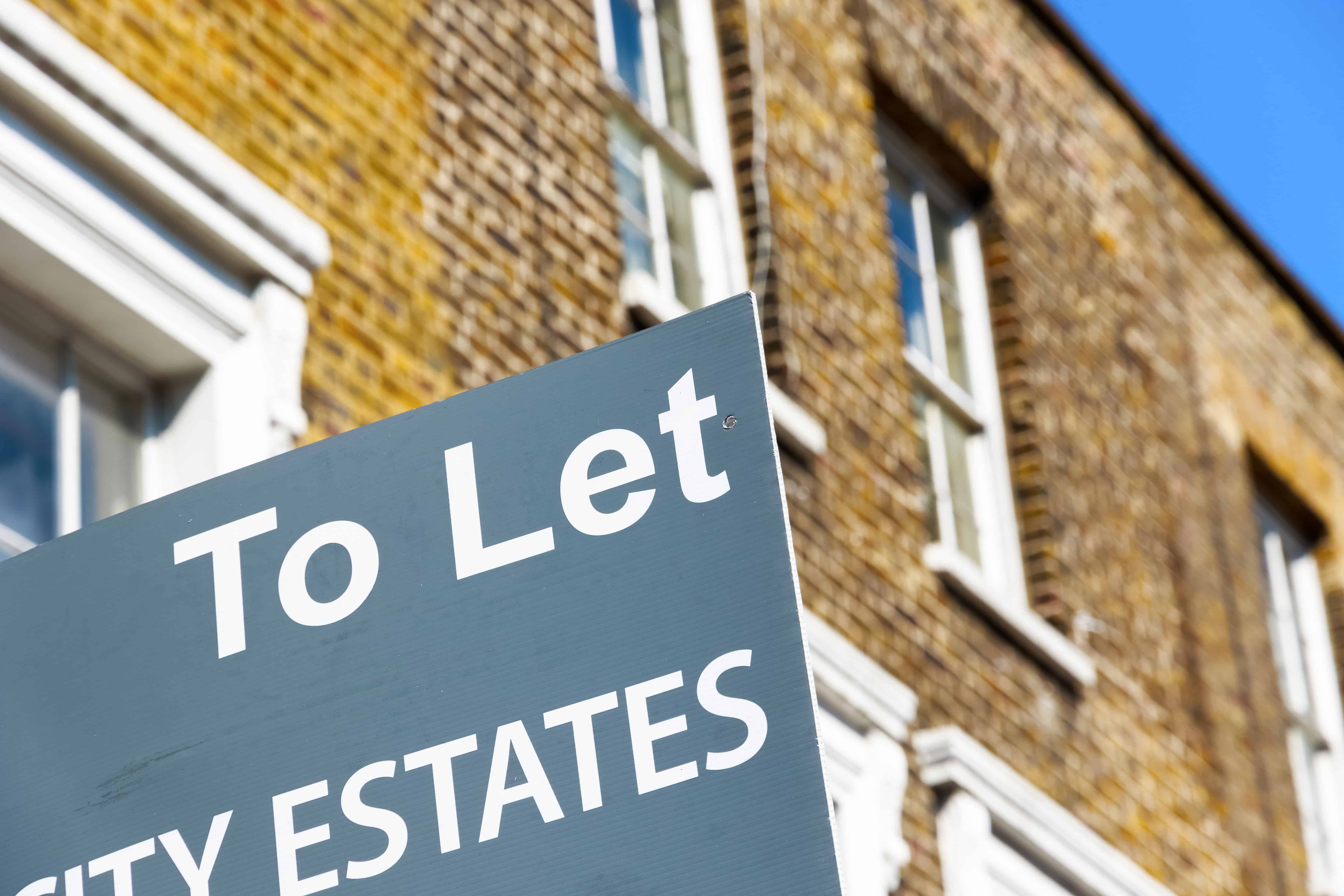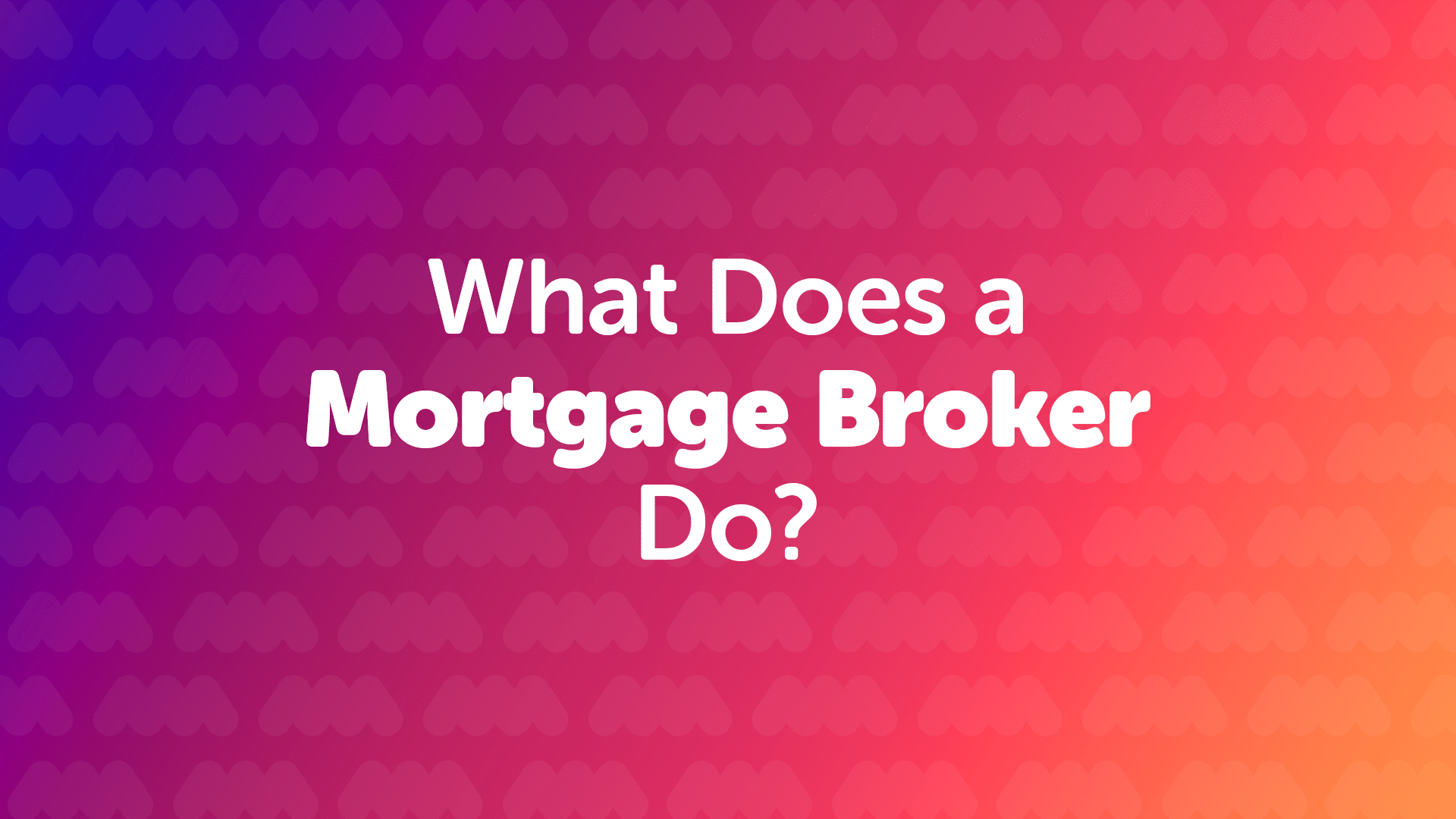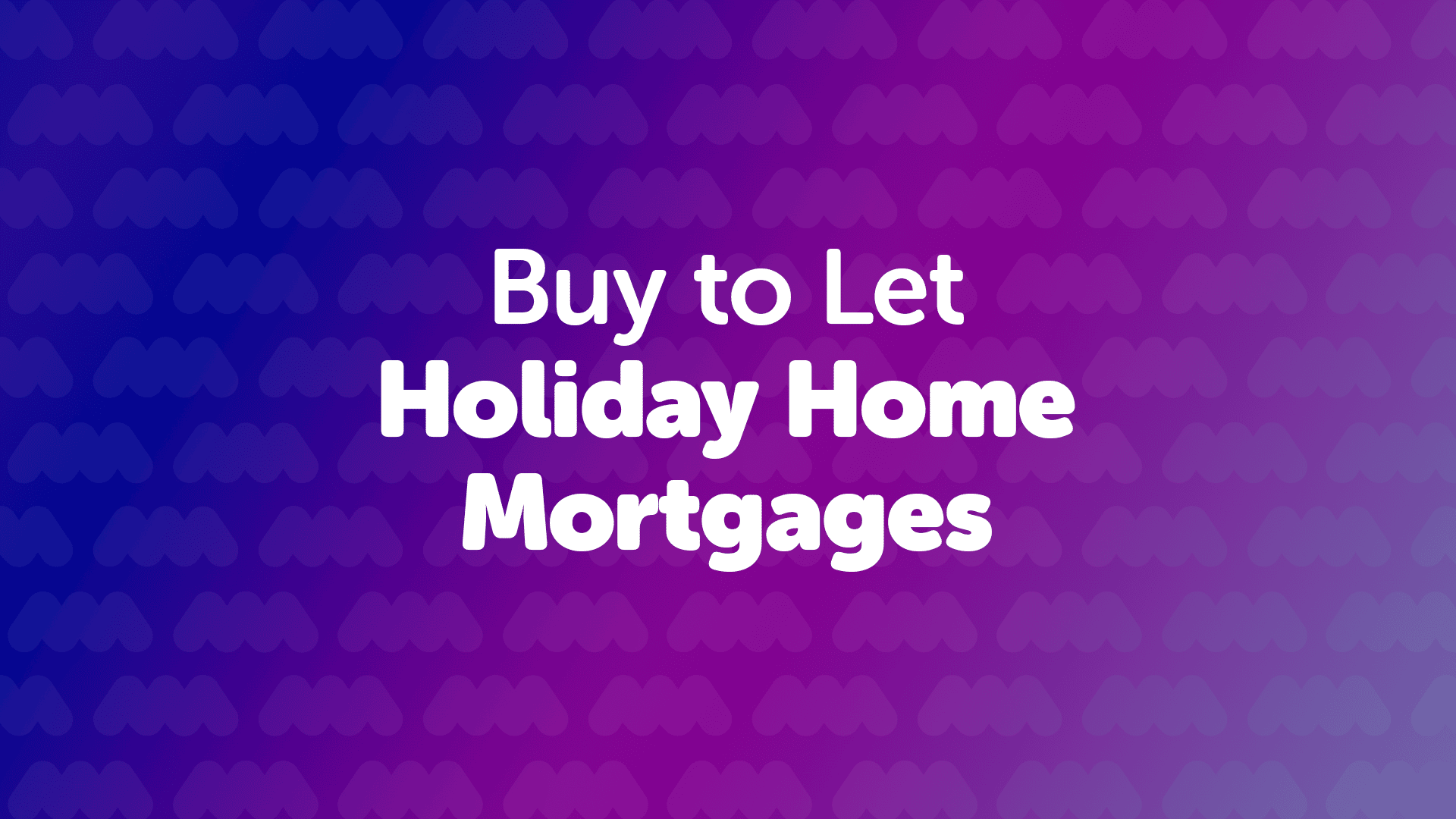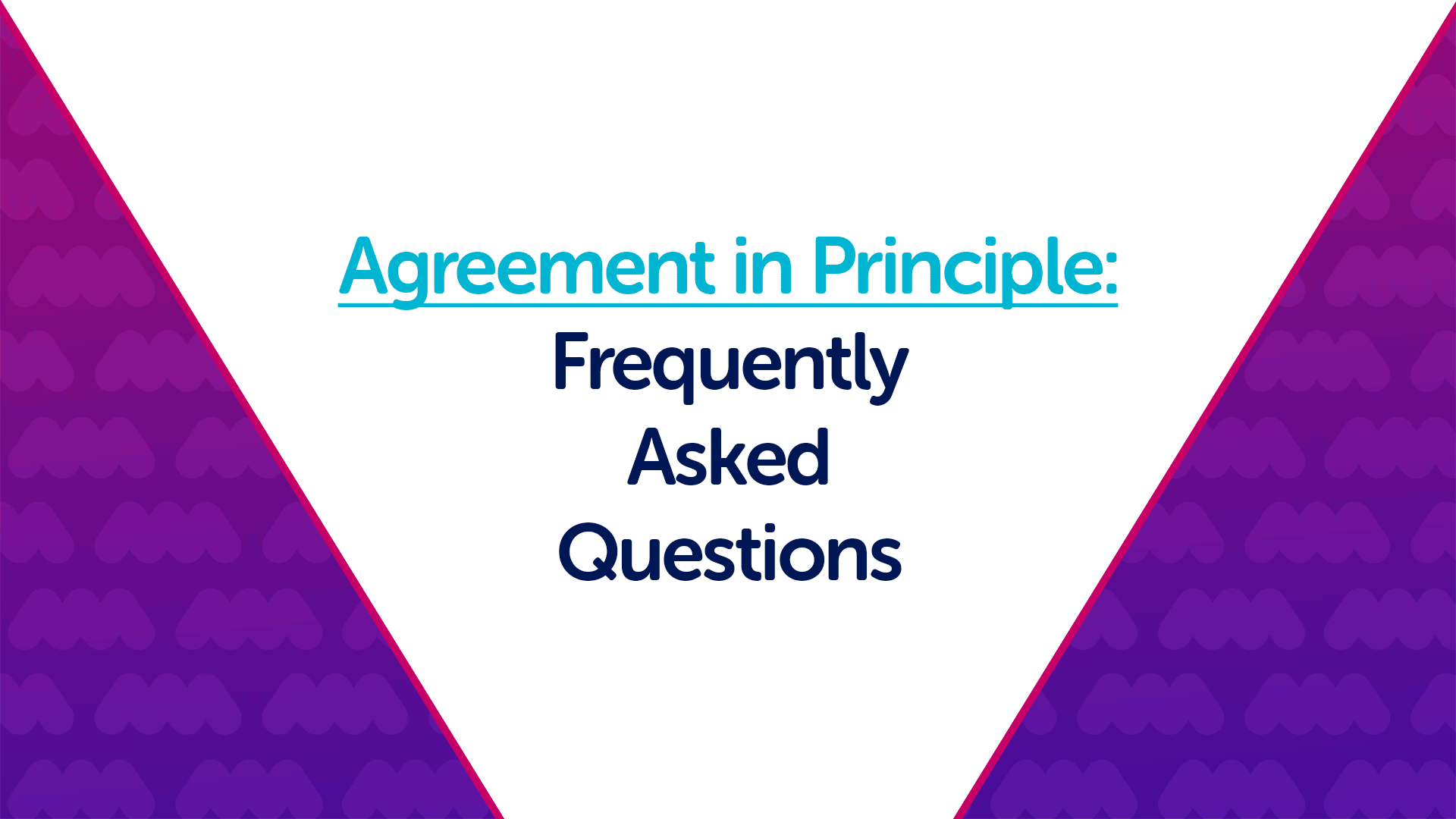The Financial Conduct Authority does not regulate some types of buy to let or commercial mortgages.
Buy to let mortgages in London have become a popular avenue for those looking to profit from property letting in the city.
In this guide, we delve into the key features of these mortgages, comparing them to traditional home loans and offering insights for both seasoned landlords and first time buyers in London.
What is a buy to let mortgage and purchase?
A buy to let mortgage is a tool for generating income through tenant rentals, typically aimed at covering mortgage costs and potentially more.
As the owner, your aim is to let the property out while maintaining a mortgage on it. There is a strong connection between previously rented properties and buy to let mortgages.
How do buy to let mortgages work?
These mortgages are designed for individuals seeking properties for rental purposes. Lenders often require higher deposit amounts compared to standard home loans, and approval is based on the anticipated rental income and the applicant’s financial standing.
Lenders usually expect the rental income to exceed the mortgage payment by around 125%. Buy to let mortgages in London can be interest-only (monthly interest payments with the full amount due at the end) or repayment-based (monthly payments of capital and interest).
Despite the slightly different eligibility criteria and associated fees of buy to let mortgages, it’s beneficial to work with a mortgage broker in London to navigate the application process and find the right fit.
How much can I borrow via a buy to let mortgage?
When applying for a buy to let mortgage in London, lenders will assess your potential rental income.
As long as your projected rental income is reasonable compared to your mortgage request, there are typically no borrowing restrictions. However, some lenders may require the rental income to exceed the monthly payment by a certain percentage.
Who is eligible for a buy to let mortgage?
Eligibility for a buy to let mortgage in London generally involves being a UK resident over 18 years old, with a clean credit history and reliable income to cover monthly payments.
Lenders will assess your ability to maintain the mortgage based on both your projected income and potential rental earnings. Many lenders require a minimum 25% deposit, though lower deposits may be considered based on individual circumstances.
Speaking with a certified mortgage broker in London can provide expert advice on buy to let mortgages tailored to your needs.
What documentation do you need for buy to let mortgages?
Applying for a buy to let mortgage in London will require evidence of income, deposit, address, ID, bonuses, commission, and P60.
Self-employed applicants will need to provide their SA302 tax return. Established landlords must supply proof of rental income, often through an ARLA certified report and mortgage statement for any currently owned properties. Having these documents ready can streamline the application process.
What type of buy to let mortgages could I apply for?
Many buy to let investors opt for interest only mortgages to lower their monthly expenses. With this option, you pay only the interest each month, and the capital balance is repaid by selling the property or switching to a repayment mortgage at the end of the term.
Alternatively, you can establish a repayment vehicle to cover the cost. While interest only mortgages are popular and seen as tax-efficient, repayment mortgages for buy to let properties are also worth considering.
Although they may entail higher monthly payments, they help build equity in the property and provide full ownership at the end of the term without a large lump sum payment.
What is the difference between let to buy mortgages and buy to let mortgages?
A let to buy mortgage in London allows a homeowner to let out their property for income. This type of mortgage is typically used by unexpected landlords who decide to let their property instead of selling it when moving.
Instead of selling their home and purchasing a buy to let property, homeowners can let out their current property and use the income to offset their new residential mortgage, providing an additional income source without the need to buy a new property solely for letting purposes.
What is consent to let and could that be an option for me?
If you already own a property, you might consider temporarily leasing it out without converting it into a permanent buy to let property through a provision known as ‘consent to let’.
Not all mortgage lenders offer this option, and those that do may limit the number of days per year you can lease out your property, usually between 30-90 days depending on the lender.
If you anticipate using this provision, check with your lender to see if they offer it. Remember, this is a temporary measure; long-term rentals without converting to a buy to let may not be allowed and could result in penalties.
What should I think about before choosing a buy to let mortgage?
When considering a buy to let mortgage, important factors to contemplate include whether the property is a short-term or long-term investment, the size of the deposit, types of interest rates, and associated fees such as arrangement and valuation costs.
Your final mortgage choice should align with your financial status and future plans. For guidance, speak with a mortgage advisor in London.
How many buy to let mortgages can I have?
Buy to let mortgages in London offer the opportunity to own multiple properties, either individually or through a limited company. There is usually no legal limit on the number of buy to let mortgages you can have, but this may vary between lenders.
With each application, the lender reassesses your ability to repay the additional debt. Many buy to let lenders require proof of rental income, using this to assess your ability to repay alongside your personal income and financial commitments.
Can I live in my buy to let property?
Generally, buy to let landlords do not reside in the properties they rent out, as this could be considered a breach of contract and may result in penalties or legal action.
However, if your buy to let property becomes unoccupied, you may consider converting it into your primary residence, likely requiring refinancing. For more information, speak with a specialist in buy to let remortgages.
Can I change my residential mortgage to a buy to let mortgage?
Switching from a residential to a buy to let mortgage may require discussions with your lender to understand available options. Some lenders may approve a seamless switch, while others may require a new mortgage application.
If you choose to switch, the lender may require a minimum income or a certain level of equity in your property and will likely assess the potential rental income. It’s advisable to speak with a financial professional or tax advisor to understand how such a switch may impact your financial situation.
Date Last Edited: May 7, 2025














